When you chose a bottle of wine at your favorite wine bar or restaurant and the server or sommelier opens the bottle, places the cork next to your glass, pours a small amount and waits what is your take? Is this just a tradition or is there value added in this ritual? For those of us that have been around wines there are a couple of reasons the wine is served to a consumer in this fashion. First, the bottle should be shown to you to verify that it is indeed the wine and vintage that you wanted. Once approval is given, the sommelier will open the bottle and place the cork next to your glass. This is a second chance to verify that the bottle is authentic by looking at the winery and vintage label on the cork. I personally go a step further and look at the cork to see if it has leaked. This will give you a clue that the bottle may be oxidized. This is very important when you are opening older vintage wines.
At this point the sommelier will pour a small amount of the wine into the customers glass. Twirling the glass to get the wine to open up the customer places it to their nose capturing all of the aromatics that are being generated by the wines chemistry. If the wine meets the customers’ expectations and approval is provided to the sommelier, he will then proceed with filling the glasses the table.
Let’s look at another scenario. What if you twirl and place the glass to your nose and you get a smell of musty wet newspapers? This is the smell of a corked wine which means that trichloroanisole (TCA) has infected the bottle. What do you do? If the establishment is reputable, and the servers are trained, this is not an issue. You simply inform the sommelier or server that the bottle is corked and they will take it back and provide you with another bottle. If the server smells the wine and says there is nothing wrong, they loose credibility and I would find another place to enjoy my wine.
Some years ago, I went to a wine shop in Florida that had only been open for a little while. They had a tasting where you paid a certain amount of money and you could choose five of the ten opened bottles (white and red). I chose five reds. The first sample that I was poured was great and quite pleasing. The second sample was a different story. I could tell from the smell that something was wrong with it. This was further substantiated by taking a small taste. It was a bad bottle. This store was owned by a husband and wife where the wife was the sommelier and the husband had minimal experience. The husband was pouring. I asked him if he or his wife had sampled the wines before pouring. He said no. At this point, I told him that he needs to try the wine that he had just poured me. He sampled it and said that it was young but that it was fine. He proceeded to pour and sell this wine to other customers adding the comment that it was young and would get better with age. That was the last time I went to this shop. The last time I was in the area they were gone.
Another time I was in Florida on business and my wife opened a bottle that she said was spectacular at Valencia Wine Company (VWC). The next day I came home and we went to VWC to try this newly discovered wine that my wife spoke so highly of. My wife had to go to another store so Jeff Prange (VWC manager) opened the bottle for me. I smelled it and tasted it and found no flaws but I was curious why my wife loved it. It was not a cheap wine and did not taste the way a wine in this price range should. For my wife to say that it was great was puzzling. After about 30 minutes Jeff came over to the table and noticed that I was not relishing the wine. He asked me about the wine as he could tell that I was not impressed. I asked him to taste it. He immediately said that it was a off bottle. Not flawed but not up to the quality of the wine and vintage. This happens sometimes. He brought a new bottle and opened it and it was like night and day.
What I am trying to convey here is that if the bottle is bad or you are not sure, question it. Don’t be afraid to return a bottle that does not taste good because it is corked, cooked during transportation, improperly stored, etc. One way to recognize wine shops that take pride in their product and customers is to watch how they serve their guests. If wine is opened to be served by the glass, watch and see if the server pours a small sample and smells and tastes it before pouring a glass for a customer. This is a wine shop that wants to guarantee the quality of the wine that they are providing their guests. Purchasing a bottle of wine is no different than purchasing any other product. If there is something wrong with it you return it.
Cheers,
Rusty Sly


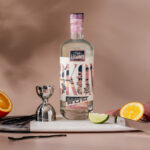


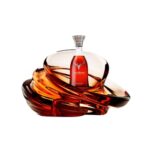


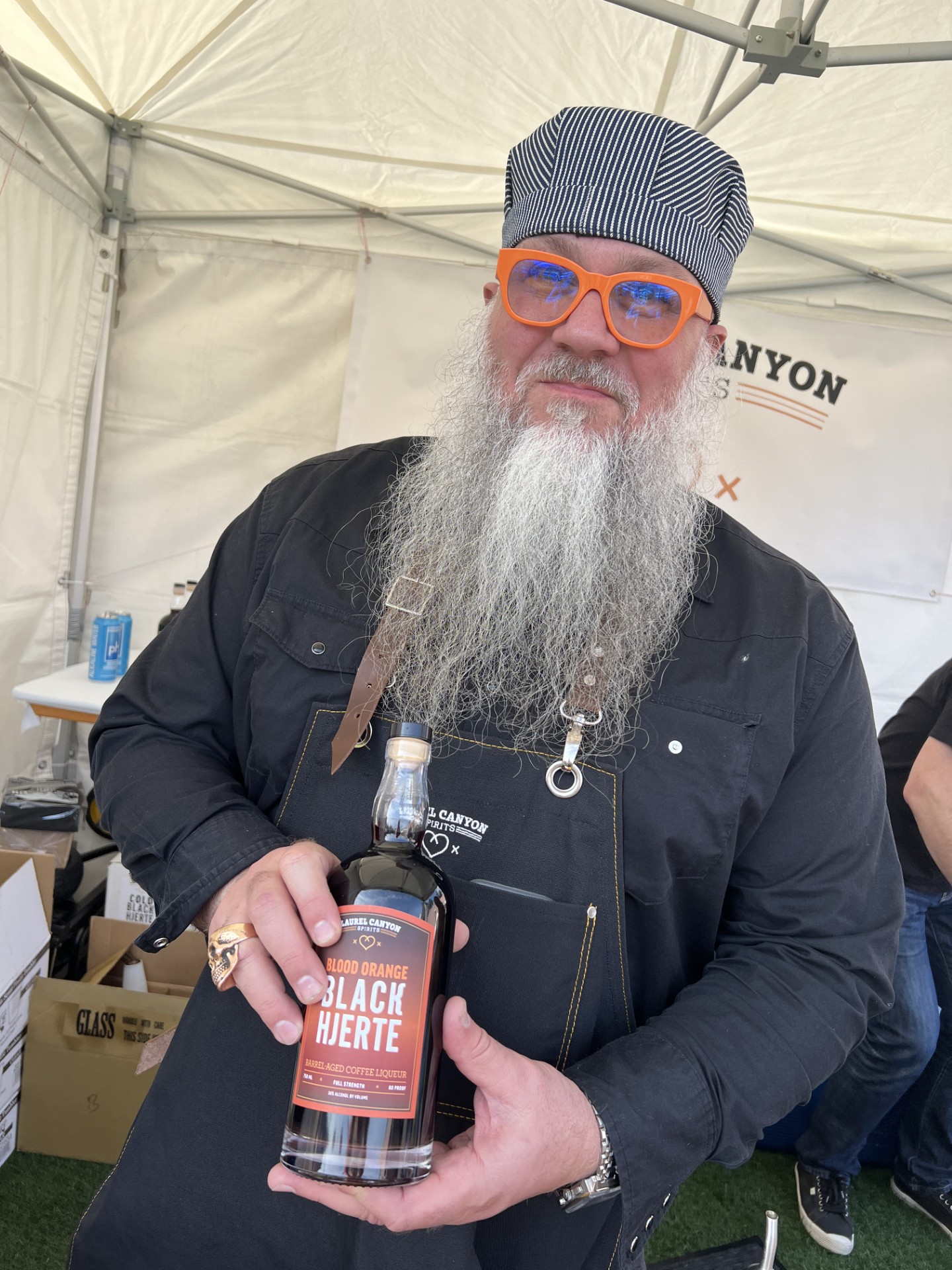
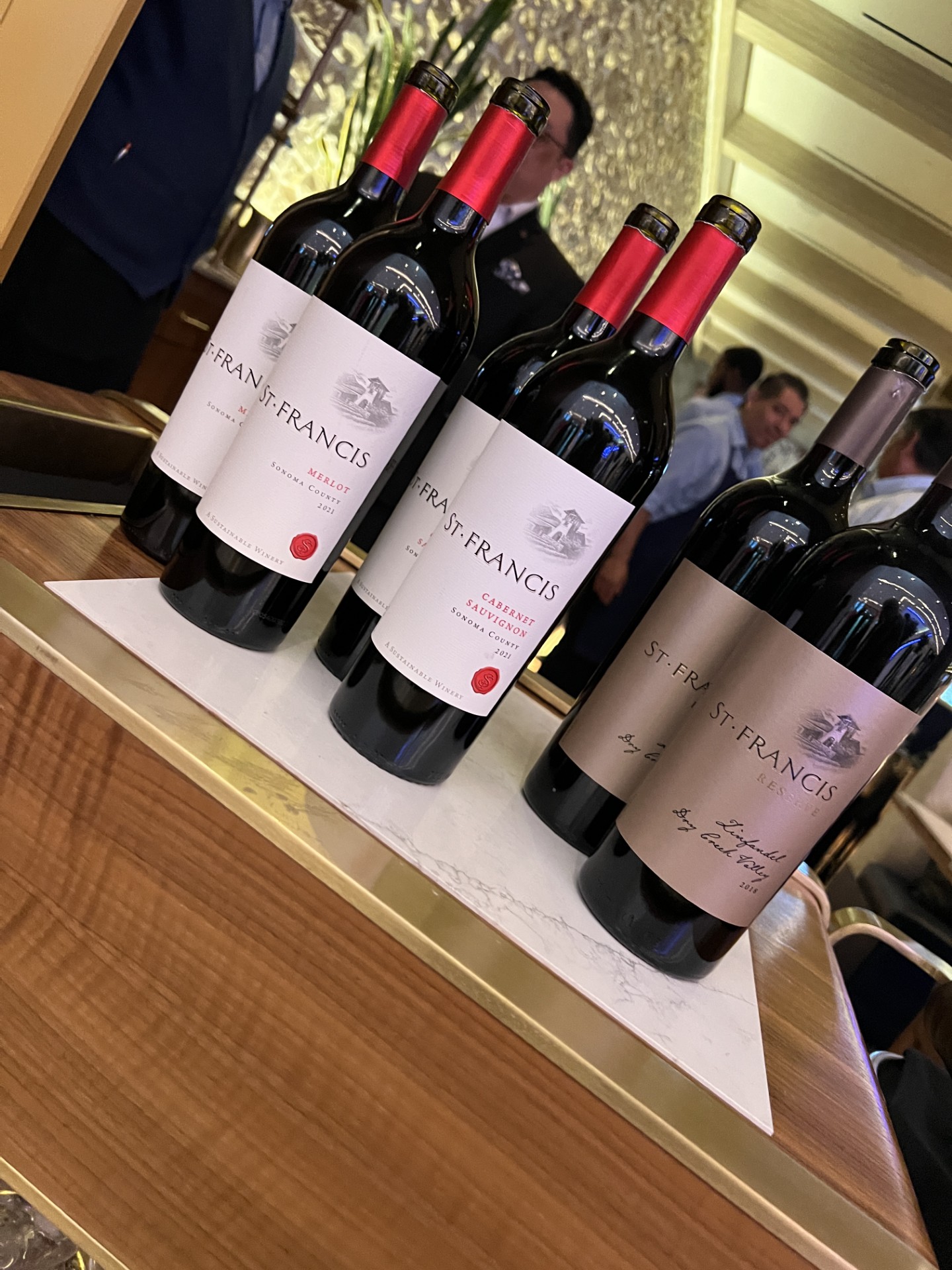
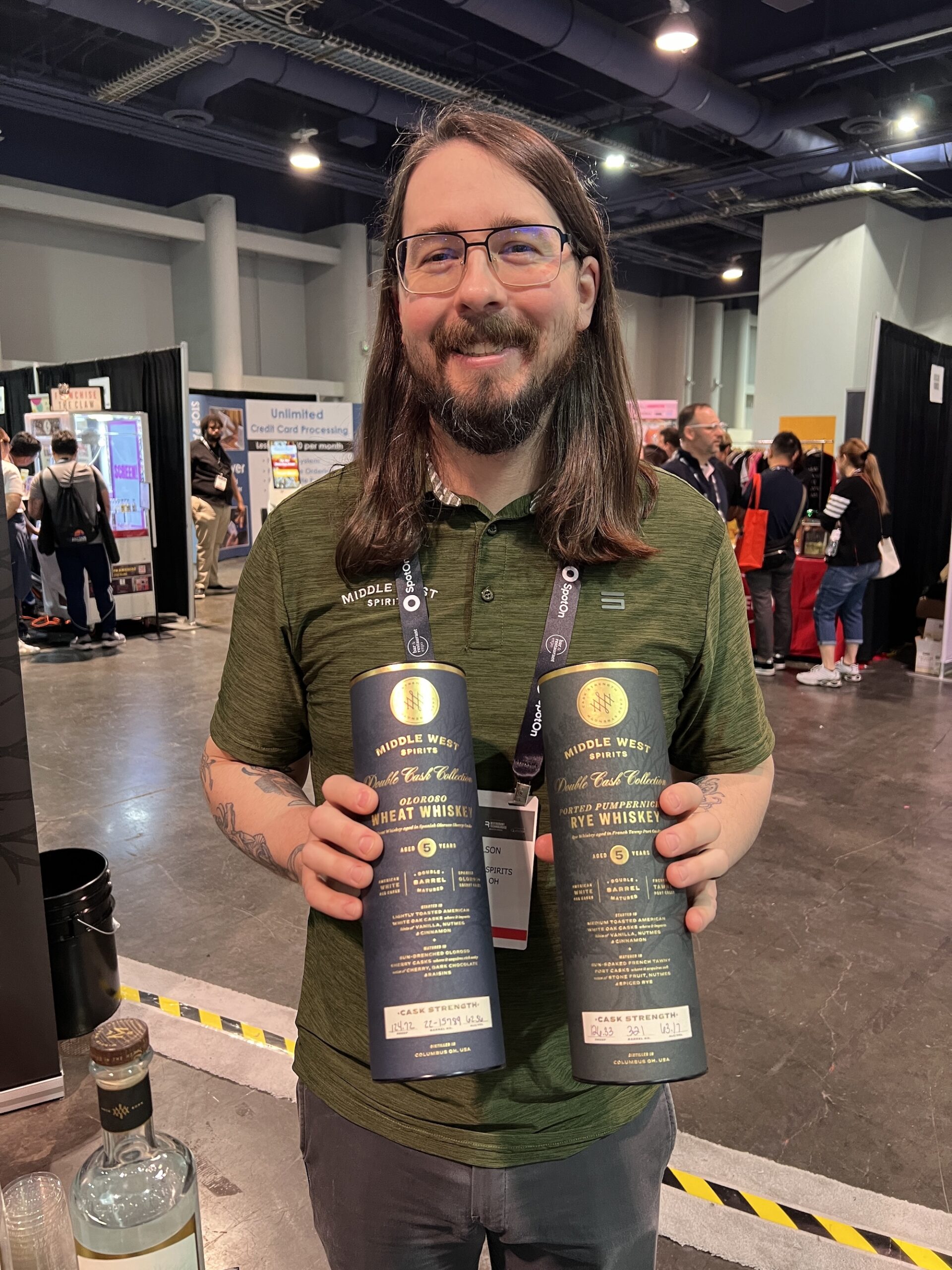
For me, the challenge is that I don't often buy wine and then consume it the same day or within a week. I often will go on wine excursions and buy several cases at a time to be consummed over weeks or several months (or years). It's tough to go back to a wine shop and say, "I bought this bottle of wine three months ago and it's cooked." They don't know how I cared for it while it was out of the shop.
That might still work in two scenarios: They know you at the shop and trust that you've stored it properly or, share quicker with friends?
My experience has been that most shops and wineries will not question you if you call and tell them you got a bad bottle unless it's been years since you bought it. They want their customers to be happy so that they'll return and spend lots more money!
In restaurants, I've sent back bottles and glasses of wine, but I'm careful to make sure that something really is not right. No one has ever argued with me or treated me badly. In fact, a couple of times, the bartender or server has thanked me for pointing out the problem. It's all about how you approach it.
It is true that it is difficult to return bottles that you have had for a long time. It is also difficult to return older vintage wines. The point I was trying to make is that when you are with someone special and open an expensive wine it should not be corked or bad. Don't let the bad wine ruin the meal or the evening. If you are sure it is bad, return it. If unsure, and the restaurant has a sommolier or knowledgeable
wine person, let them try it.